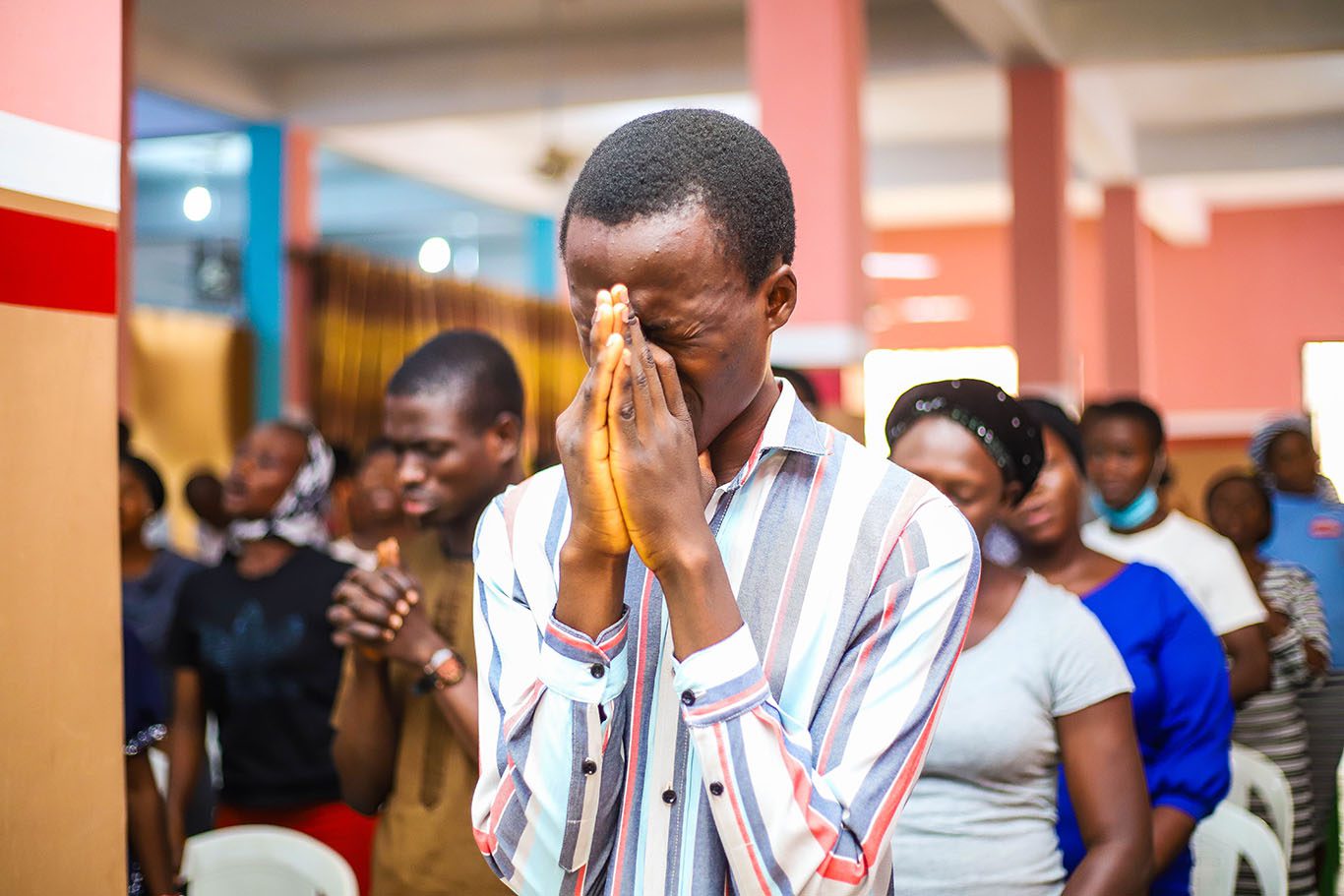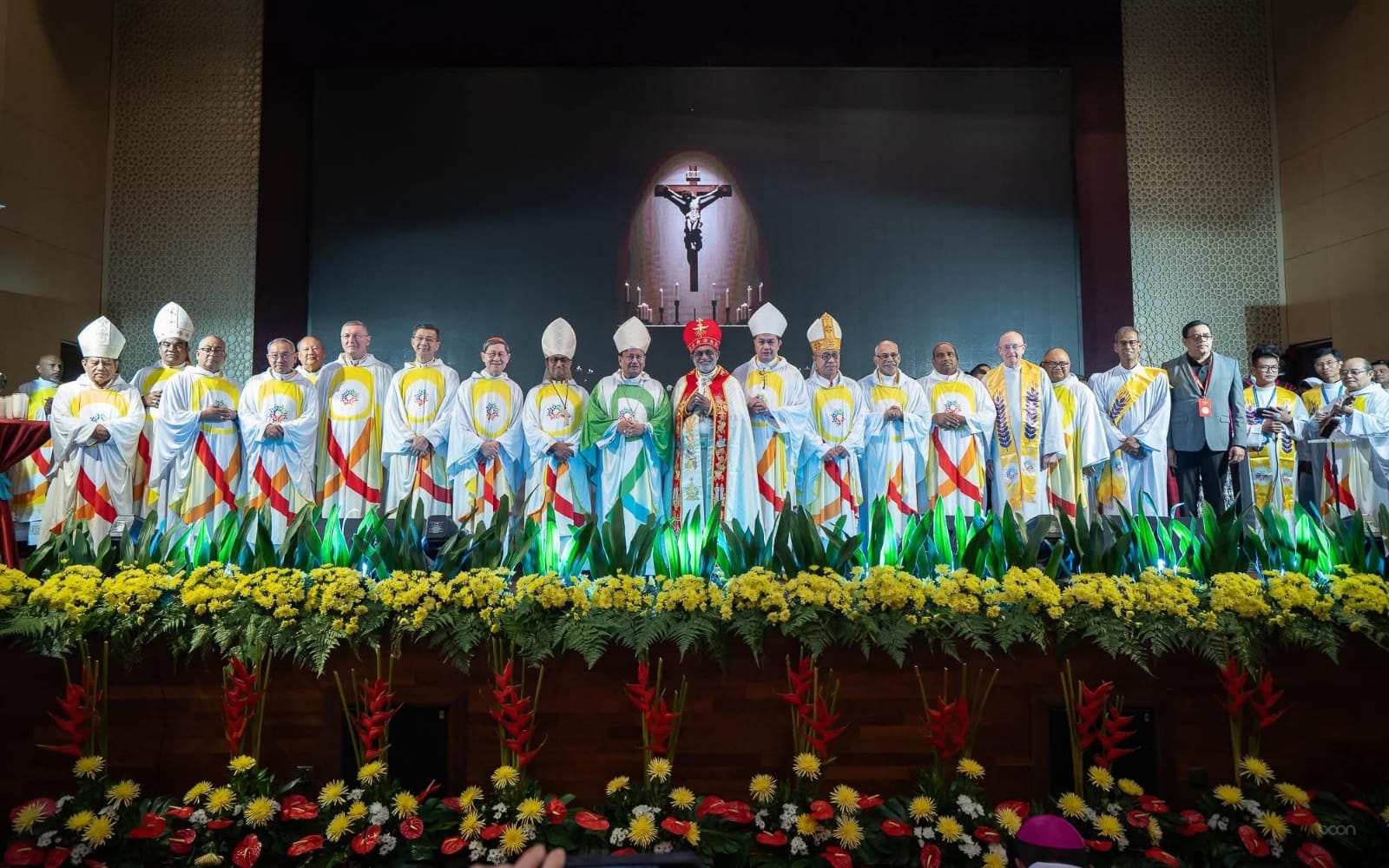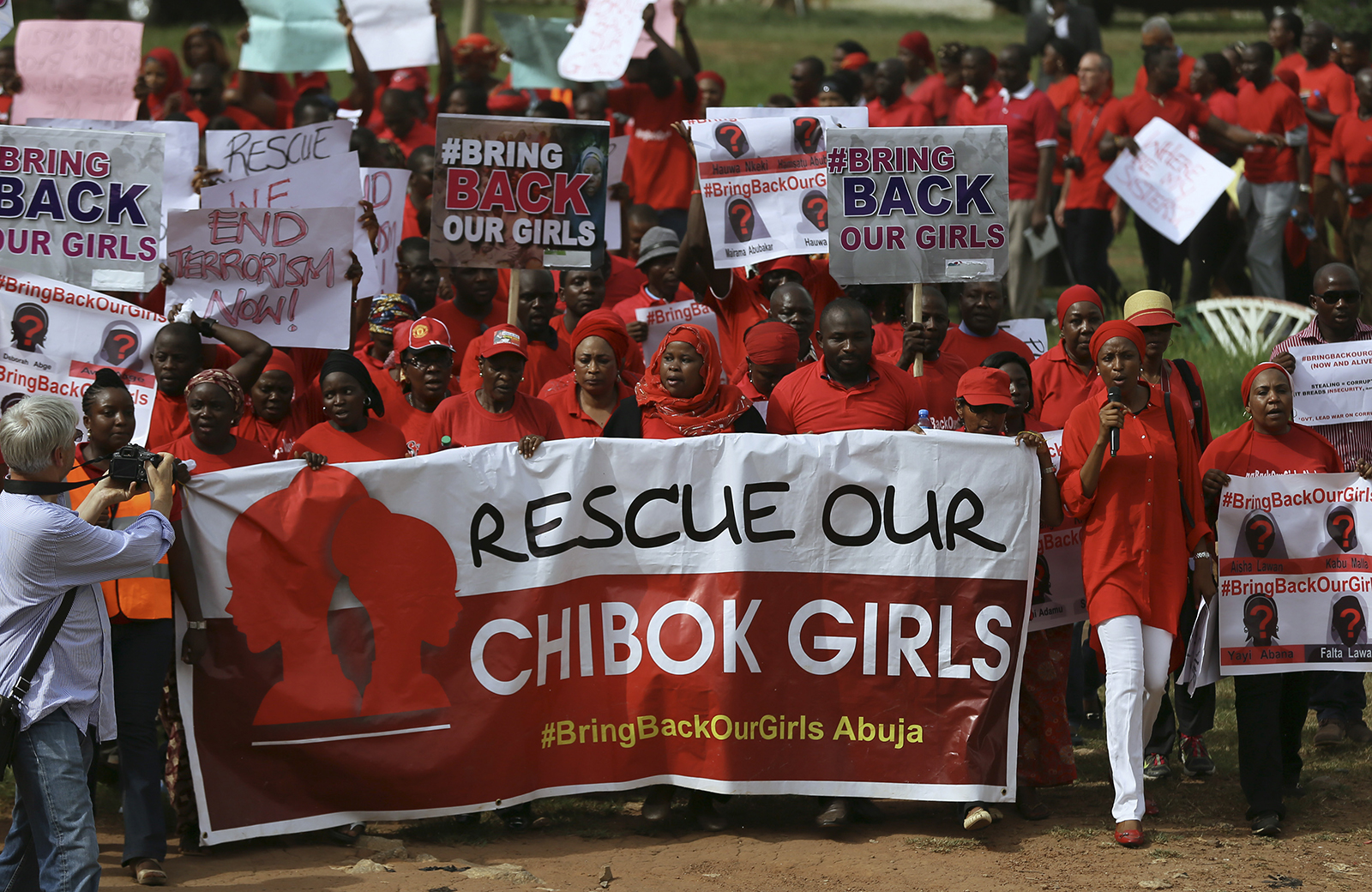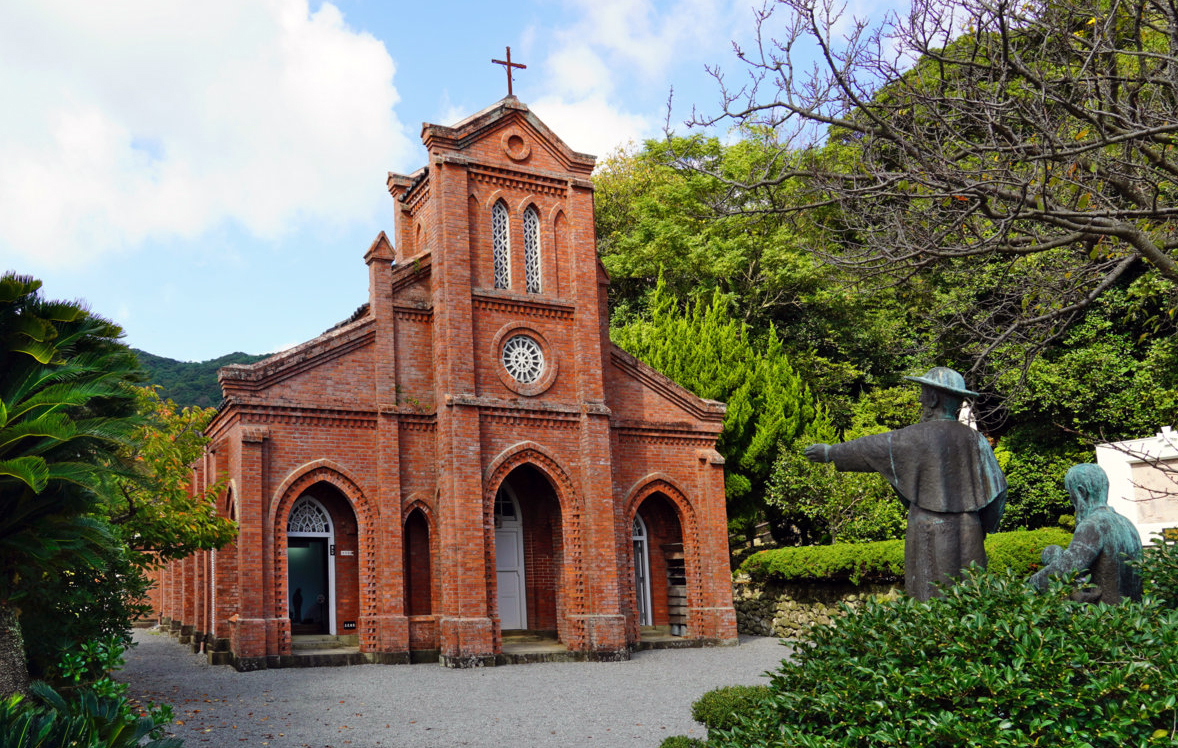Under the sign of corruption and crime
Joaquim Magalhães de Castro
In his homily at the Mass on Nigerian Armed Forces Day celebrated on January 15, Dom Lucius Iwejuru Ugorji of Owerri, President of the Catholic Bishops’ Conference of Nigeria (CBCN), put his finger on one of the wounds that most cripple the viability of a country, whatever it is. We talk about corruption, “this worrying vice in our public life” – the prelate’s words.
“The current situation has exceeded all limits”, as it is an addiction that covers a very wide spectrum. It ranges from bribery to embezzlement, passing through a whole list of the most varied scoundrels: inflation of public accounts, abuse of power, nepotism, looting of state property, cult of personality, falsification of identity and other personal data, false declarations, ghost workers’ syndrome, quackery and manipulation.
“Corruption is corrosive, polluting, degrading and infectious,” concludes the president of the Episcopal Conference. Some of the evils mentioned by Bishop Ugorji are well documented: an investigation conducted in 2020 by the Governor of Borno State, aimed at monitoring primary school teachers and other public servants, found that about 22,556 ‘ghost workers’ were on the payroll of the government.
In other words, a fraud that cost the state 420 million US dollars per month. As if that were not enough, corrupt politicians and officials not only receive pensions from deceased workers but also register migrants as voters by placing them on the government payroll in exchange for their vote. Another widespread scourge in Nigeria, with particular incidence in the last two decades, is “bought exams”, especially at secondary and higher education levels. New and sophisticated cheating methods are being improved with alarming frequency. In another area, the Nigerian president has just suspended Betta Edu, Minister of Humanitarian Affairs and Poverty Reduction, on suspicion of diverting funds from a bank account for the ministry’s financial transactions within the scope of the social assistance program, an irregularity that, moreover, had been denounced by the Catholic Church.
In addition to Dom Lucius Iwejuru, another outstanding figure of the Nigerian prelate emerges as a “beacon of faith, compassion, leadership and selfless service”. We talk about the Archbishop of Lagos, Dom Alfred Adewale Martins. Born on June 1, 1959, in the rocky city of Abeokuta, into a devout family of Portuguese descendants, Alfred from a young age demonstrated a genuine desire to make his life have a positive impact on the lives of his fellow human beings. Born with a zeal for service and a heart imbued with love for God and humanity, Alfred rose through the ranks to “become a guiding force in the spiritual journey of countless souls”. He has been tireless in denouncing another of the plagues that plagues the country: crime, which is as widespread or more widespread than corruption. In truth, the families of victims of these crimes want to see concrete actions that bring justice to their loved ones.
“People’s anger can only be assuaged if the culprits are brought to trial,” said Bishop Alfred Adewale Martins, in a meeting with Nigerian President Bola Tinubu regarding the victims of last Christmas’ massacres in Plateau State. At that time, in the regions of Bokkos and Barkin Ladi, armed gangs attacked around 20 villages and killed at least 198 people, most of them Christians, sending thousands of others fleeing. In his statement, the Archbishop of Lagos criticized the government for limiting itself to condemning the murders and making promises that were not fulfilled, fueling the anger and frustration of Nigerians.
“Government promises are like a broken record, and they don’t seem sincere to me. No one has ever heard of criminals being brought to court or being convicted of such heinous crimes.” Without mincing words, as is his tone, Dom Martins added: “We want to know who the perpetrators are and all those who sent them on these inglorious missions. Until that happens, the general impression is that the culprits are being protected by powerful forces inside and outside government circles.”
Meanwhile, on January 8, the Christian Association of Nigeria (CAN), a coalition of the main Christian denominations in Nigeria, organized a peaceful protest march on the streets of Jos, capital of Plateau state, demanding greater security in the region. A protest attended by around 5,000 people. Daniel Okoh, President of CAN, described the attacks and destruction of houses and places of worship as “an attack on the peace and unity of the different ethnicities of this region”, guaranteeing that he would be alongside the population and State institutions during “this difficult period.”
Okoh praised the quick intervention of the State Governor, Caleb Mutfwang, and the Nigerian Army, asking them to reinforce security measures to prevent further attacks. Meanwhile, the Nigerian police announced that they had arrested 11 people accused of involvement in these attacks that marred the Christmas season.


 Follow
Follow


